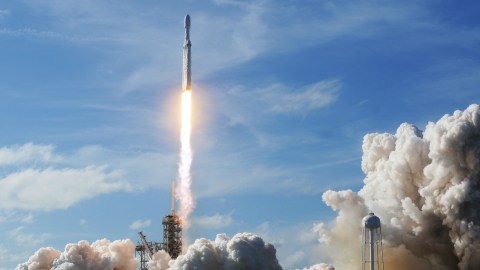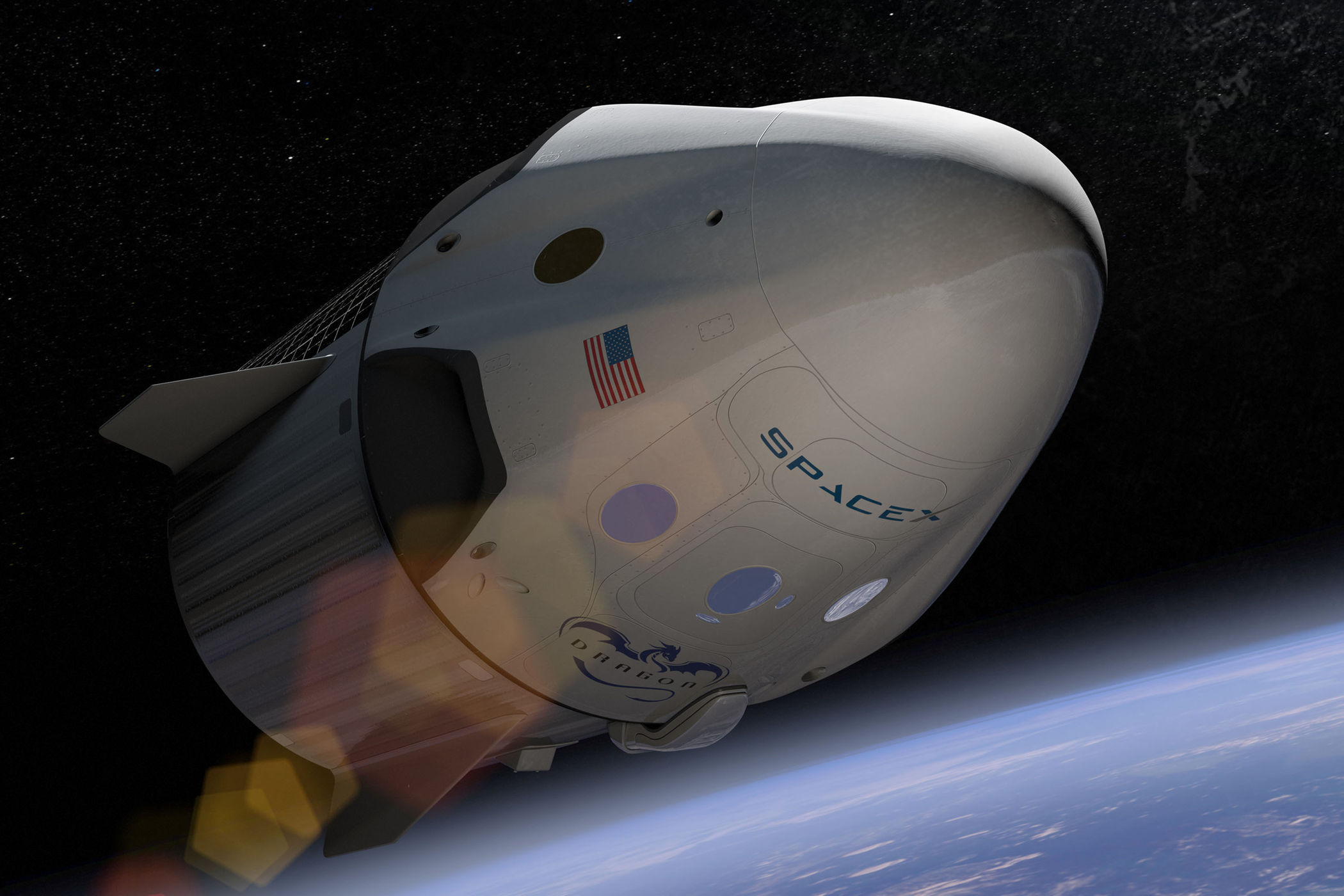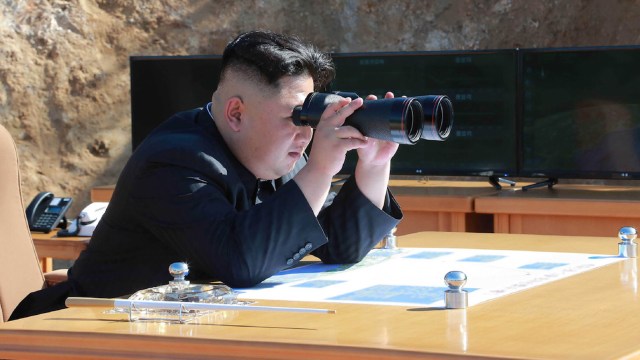Why Elon Musk hopes the Falcon Heavy launch will spark ‘new space race’

SpaceX CEO Elon Musk wants a new space race, and it’s hard to argue with his reason why.
“Space races are exciting,” Musk said at a press conference on Tuesday, adding that a new space race could “open up a sense of possibility.”
It’s also hard to argue with the fact that Musk’s aerospace company, SpaceX, is dominating that race after Tuesday’s (mostly) successful launch and landing of Falcon Heavy, the most powerful rocket since Saturn V.

After several delays, the SpaceX rocket launched from Cape Canaveral, Florida at 3:45 p.m. ET. The payload was Musk’s personal Tesla Roadster, and the plan was to send the red sports car to orbit the Red planet. But that didn’t quite work out. Musk Tweeted on Tuesday that the Roadster had overshot the Mars trajectory and was headed for the Asteroid Belt instead.
Third burn successful. Exceeded Mars orbit and kept going to the Asteroid Belt. pic.twitter.com/bKhRN73WHF
— Elon Musk (@elonmusk) February 7, 2018





